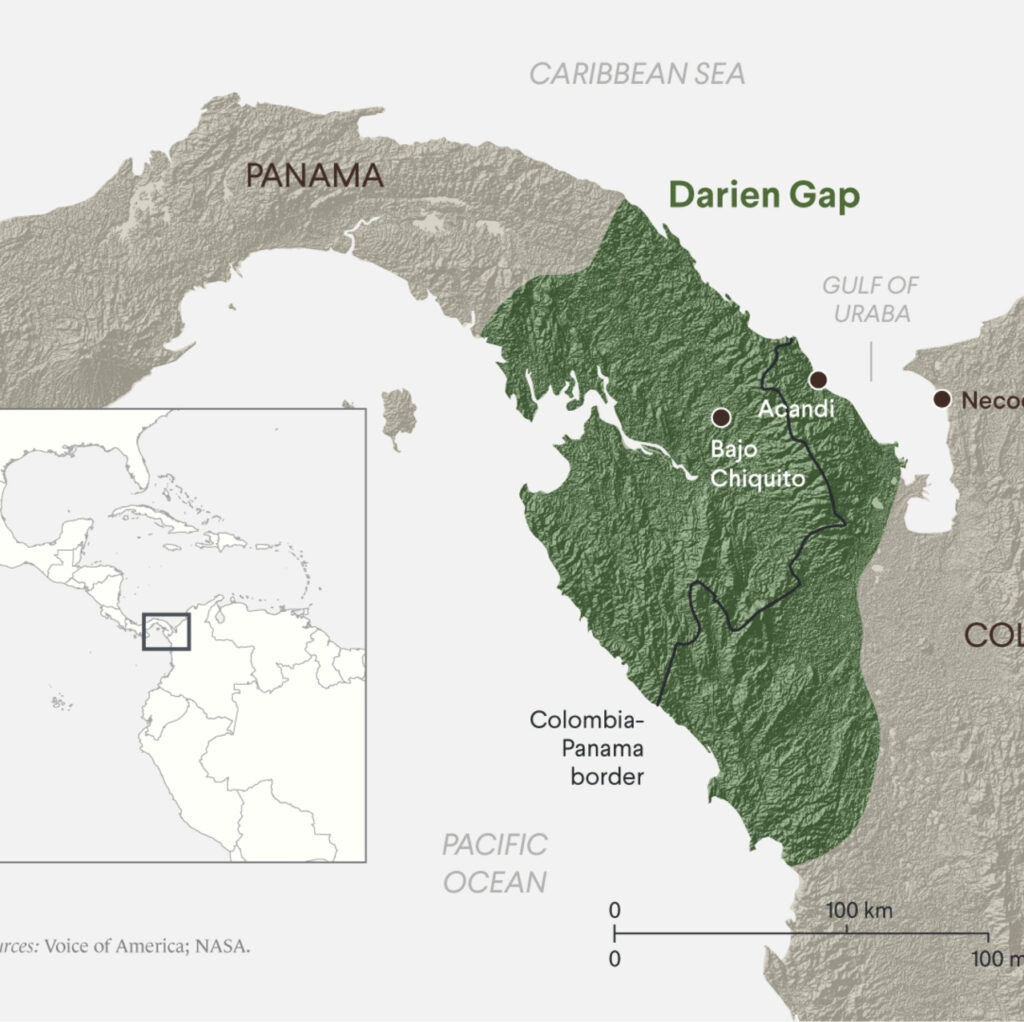President Miguel Díaz-Canel was re-elected for a new five-year term by the Communist Party of Cuba-aligned National Assembly on Wednesday. In the midst of one of the islands worst economic crises, and in a country where political opposition is illegal, the Cuban parliament voted 459 of the 462 in favor of reelection. This all comes on the heels of food and medical supply shortages and one of the country’s largest mass exoduses since its inception. Due to a combination of global inflation, the Covid-19 pandemic and increasing sanctions against Cuba, the country’s economy is in turmoil. Political unrest has escalated as well. In 2021, Cuba saw some of its largest protests since the 1959 Cuban Revolution resulting in multiple arrests and as many as 1,300 people imprisoned. Protests were followed by a mass exodus from the island nation in 2022 — over 300,000 Cuban nationals left the island, many destined for the US. This was partly made possible by the Nicaraguan government when it allowed Cuban citizens to enter without Visas. This created what has been called “The Nicaraguan Trampoline” a route allowing easier access to the Southern border via bypassing Panama’s deadly Darien Gap. The US government declared Nicaragua’s elimination of a Visa requirement for Cubans “an act of aggression, committed at the behest of Cuba in order to weaponize the Cuban migration flow and increase political pressure on the White House to ease sanctions on Cuba.” With every border crossing there is a risk of being denied or deported, so the fewer borders to cross, the better. If Cuba’s economy continues to worsen, more migration will follow.

